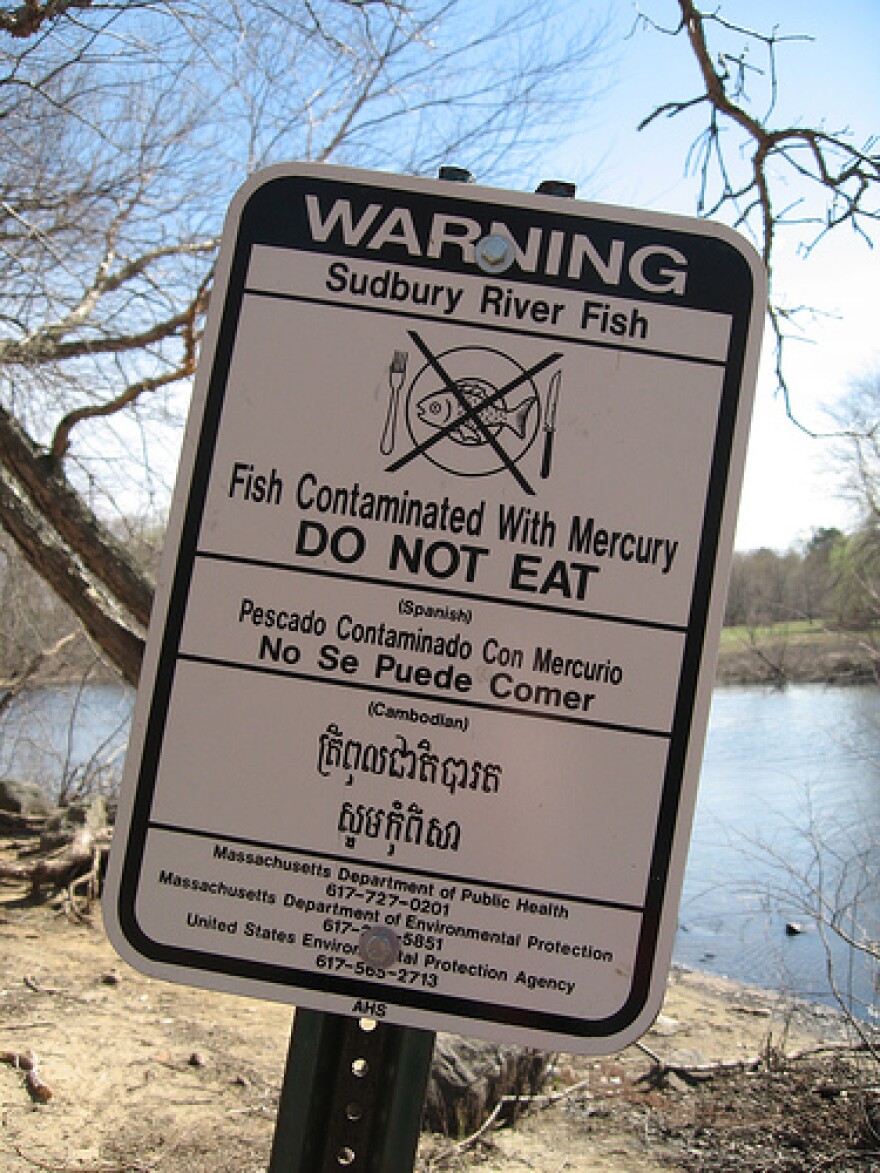Measuring around 18 miles long, New Hampshire has the smallest shoreline of all coastal states. But for about 400 years, it’s been enough to support small boat fishermen in the Seacoast region. They make their livings cruising New England’s waters for cod, lobster, shrimp and other stocks.For decades, the industry’s been challenged by declining populations of fish and shellfish, as well as changing federal regulations. As of 2010, New England fishermen are allowed to catch a set poundage of fish based on their take over a 10-year span. New Hampshire fishermen argue this change has made the cost of working outpace profits, forced many small boats out of business, and discouraged new people from entering the industry. No matter the cause, figures from the US Census Bureau clearly show an industry in decline. In Portsmouth, the Seacoast’s main city, the Census Bureau reports only 0.2 percent of residents work in the “Farming, fishing and forestry occupations” category. That’s compared to 0.6 percent in 2000. A number of New Hampshire fishermen, politicians, and historians believe that without change, the state’s small boat fishing industry is heading toward extinction.Summary provided by StateImpact NH








